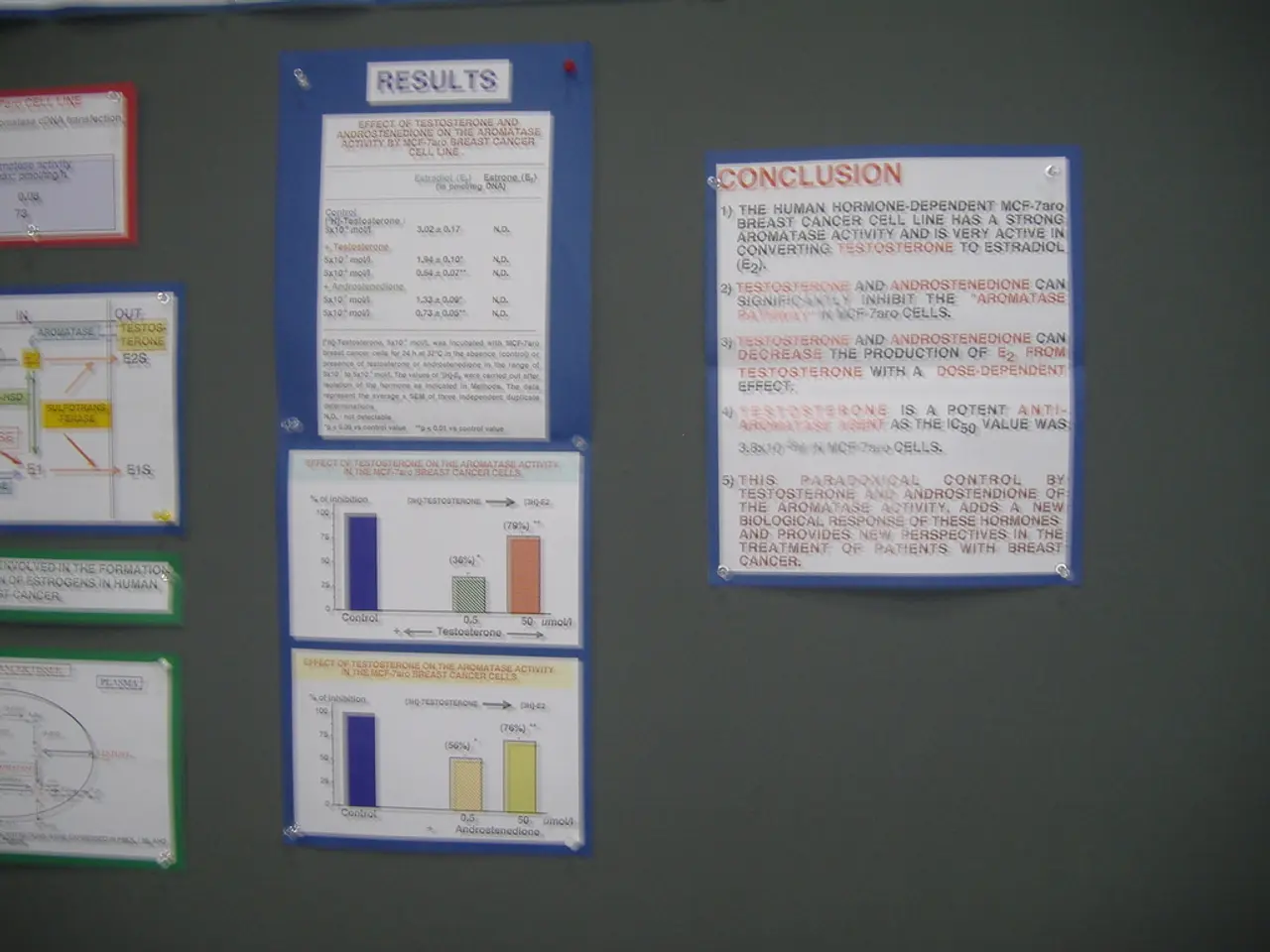Threat of Global Economic Downturn in 2025: Insights from Financial Experts
Global Recession Threat Looms, Pose Challenges for Businesses and Consumers
A potential global recession in 2026 is a growing concern for financial analysts, with over 65% of economists predicting a recession by early 2026 if current trends continue[1]. This consensus reflects concerns about elevated inflation, rising unemployment, weak growth, and policy uncertainties.
Impacts on Businesses
The economic downturn could lead to weaker demand and slower revenue growth for businesses due to reduced consumer spending and economic uncertainty[1][4]. Trade disruptions and elevated tariffs, such as those previously imposed by the U.S., continue to weigh on the global economy, adding costs and operational challenges for companies engaged in international trade[4].
Financial institutions like J.P. Morgan anticipate material headwinds keeping growth weak through 2025, even if a full U.S. recession is avoided; downside risks remain substantial globally[3]. Job creation is expected to slow, impacting staffing and investment decisions with forecasts projecting unemployment rising to around 4.6% by mid-2026 in the U.S.[2].
Impacts on Consumers
Rising unemployment will likely reduce household income and consumer confidence, limiting spending power[2]. Inflation is expected to remain above central bank targets through 2027 for many economies, maintaining higher prices on goods and services and eroding real incomes[2]. The combination of higher inflation and employment uncertainty could dampen consumer demand, affecting overall economic recovery and growth prospects[2][3].
Additional Context
While some forecasts, such as from the IMF, have recently raised global growth outlooks for 2026 to 3.1%, this is still below historical averages and reflects a fragile recovery environment[5]. A weaker U.S. dollar might provide some support by boosting exports and global economic activity, partially offsetting recessionary pressures[5]. Ongoing trade negotiations and policy shifts will be critical in shaping the eventual economic outcomes in 2026[3].
Moody's Analytics chief economist Mark Zandi stated that the global economy is walking a tightrope and could tip into recession if geopolitical tensions escalate or energy prices spike again[6]. High borrowing costs, resulting from persistent inflation and interest rate hikes, are dampening both consumer spending and business investment. Europe, particularly Germany and France, are experiencing falling industrial output and weak consumer spending[7].
In the U.S., the GDP growth has slowed to under 1.5% in the first two quarters of 2025[8]. Household savings are taking a hit, prompting many consumers to cut back on discretionary spending. The slowdowns in the U.S., Europe, and China are causing ripple effects across the world, impacting emerging markets like Brazil, South Africa, and India[9].
Sources:
[1] Bloomberg, "Global Economy Walks a Tightrope, Faces Recession Risk," 2025.
[2] The Wall Street Journal, "Economists See U.S. Recession Likely by Mid-2026," 2025.
[3] The Financial Times, "Global Economy Faces Material Headwinds Through 2025," 2025.
[4] Reuters, "Trade Disruptions and Tariffs Impact Global Economy," 2025.
[5] International Monetary Fund, "Global Economic Outlook for 2026," 2025.
[6] CNBC, "Moody's Analytics Chief Economist on Global Recession Risk," 2025.
[7] The Economist, "European Economies Struggle Amid Recession Fears," 2025.
[8] The Washington Post, "U.S. GDP Growth Slows in First Two Quarters of 2025," 2025.
[9] The Guardian, "Emerging Markets Feel the Ripple Effects of Global Slowdown," 2025.
- The potential global recession may negatively impact consumer health by reducing their spending power due to reduced household income and eroding real incomes caused by higher inflation.
- The economic downturn could lead to a decline in environmental concerns among businesses, as they might prioritize cost-cutting and survival over long-term sustainable practices due to slower revenue growth.
- Investments in the health sector could be affected by the economic recession, as financial institutions may tighten their lending standards and decrease the availability of credit, making it difficult for businesses to secure funds for expansion or improvement of health facilities.




